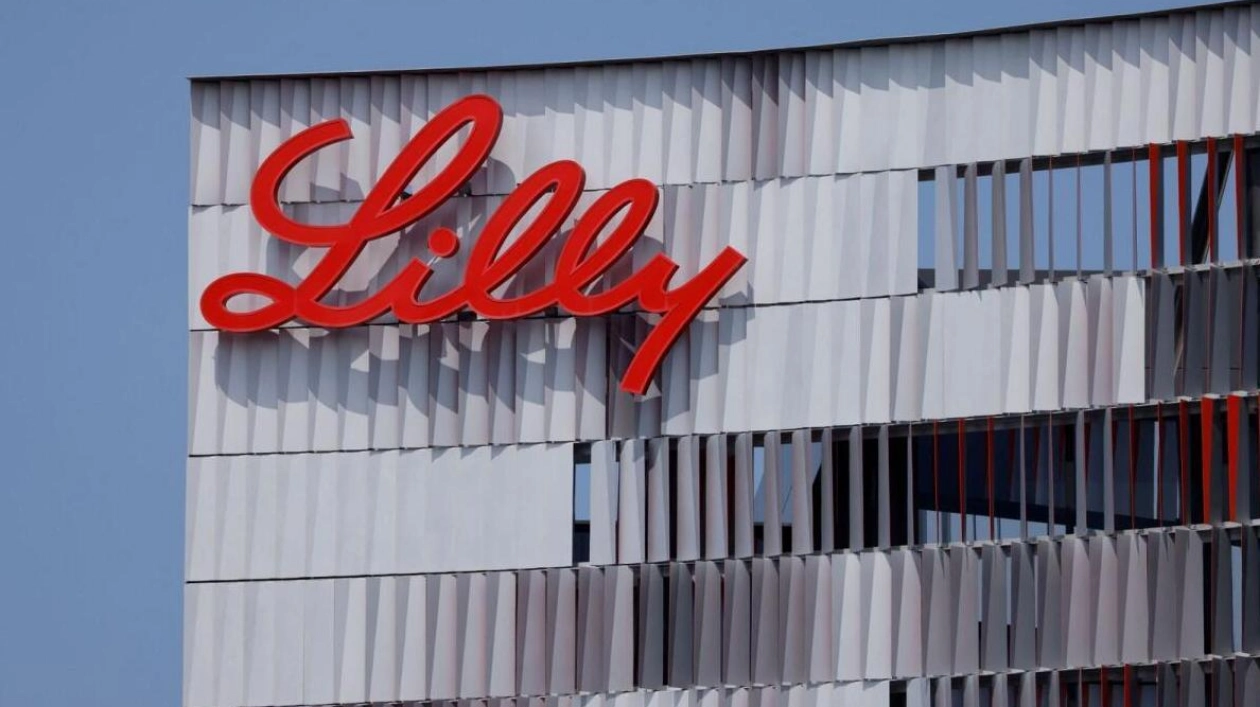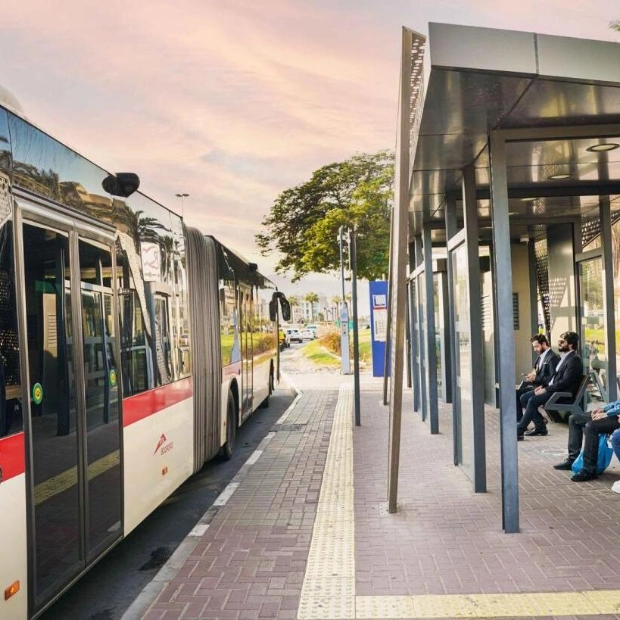The Eli Lilly logo is displayed at one of the company's offices in San Diego, California, US. The European health regulators are also reviewing Lilly's Alzheimer's drug. — Reuters
On Wednesday, the UK's cost-effectiveness body deemed Eli Lilly's early Alzheimer's treatment too costly for widespread use, suggesting that patients may not gain access even after approval by the country's medicines regulator. The UK's Medicines and Healthcare products Regulatory Agency (MHRA) approved donanemab, marketed as Kisunla, making it the second Alzheimer's treatment available in the UK, following Leqembi, developed by Eisai and Biogen. Although Lilly did not disclose UK pricing, the drug costs approximately $32,000 for a 12-month treatment period in the US.
In a draft guidance released simultaneously, the National Institute for Health and Care Excellence (NICE) stated that donanemab's benefits were insufficient to justify the additional cost to the NHS. NICE, Britain's agency responsible for determining the cost-effectiveness of treatments funded by public money, said the cost-effectiveness estimate for donanemab is five to six times higher than what NICE typically considers an acceptable use of NHS resources. Lilly expressed confidence in the cost-effectiveness of donanemab and pledged to work closely with NICE during the consultation period, which concludes on November 20.
Donanemab, administered as an infusion every four weeks, has demonstrated a slowdown in cognitive decline by four to seven months in clinical studies. NICE highlighted significant uncertainties regarding the extent of donanemab's benefits and their duration after treatment cessation. NICE had previously deemed Leqembi too expensive in its August draft guidance. Both treatments necessitate careful patient monitoring, with Leqembi costing $26,500 annually in the US.
Lilly's drug is also under review by European health regulators, who earlier this year rejected Leqembi. NICE estimates that approximately 70,000 adults in England would have been eligible for donanemab treatment.
Source link: https://www.khaleejtimes.com






